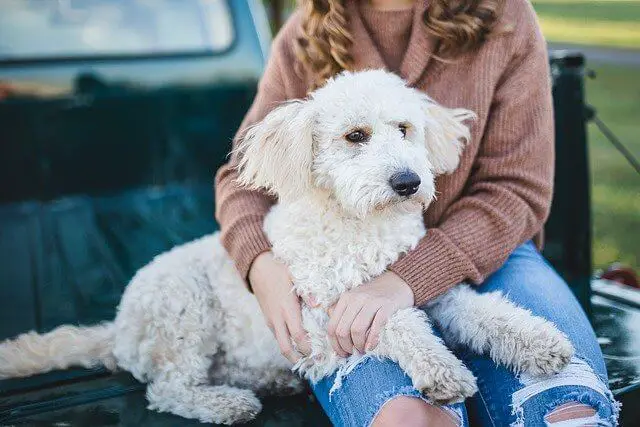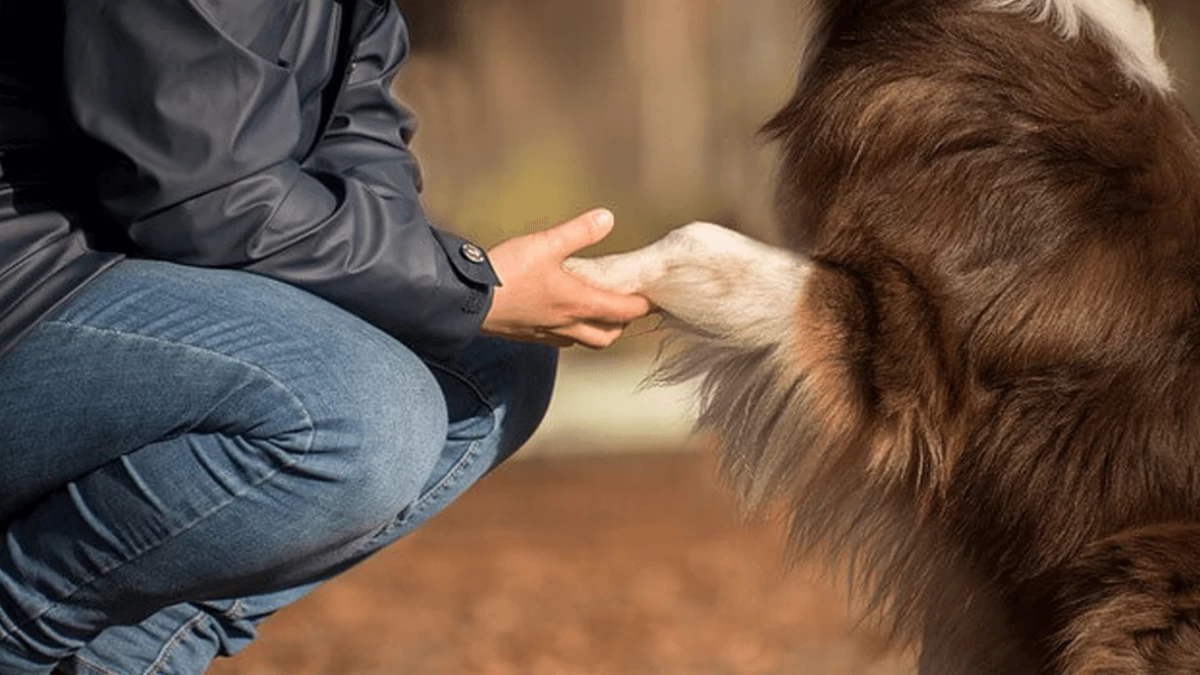How To Screen Potential Buyers? 10 Questions Experience Breeders Ask
31.03.2022.
All responsible breeders, we all want to be completely honest with our customers and hope they will be equally honest with us. A great breeder is more concerned about their puppies’ welfare and not about who has the most money. To determine who will provide the best conditions for the puppies in our new litters, we need to ask our potential buyers a series of questions, either in person or online.
You want a place where your puppies will feel completely loved and safe. If the potential buyer becomes annoyed or doesn’t want to answer our questions, they may not be the ideal choice for our puppies. Luckily, World Dog Finder is here to help you go through the process of selecting the best possible buyer for your puppies. Here is a list of 10 questions you can ask your potential customer and learn all you need to know about them.
1. What makes you want to get a dog?
You'll start to understand their motivations and, hopefully, find a suitable companion for one of your puppies. Common sense is more than enough to evaluate their intentions and ensure that this puppy is a good fit for them.
RELATED: 4 Tips for Finding the Perfect Whelping Box Spot
2. Why did you select this breed?
You can start to uncover why they chose this specific breed only after you learned their intentions and they told you a couple of reasons they want a dog. You’re familiar with the breed you are breeding, so you are able to determine if this breed is appropriate for the potential owner's needs and lifestyle.

3. Can you meet the puppy's complex needs? (Include feeding, socialization, and exercise)
Some dog breeds need more physical activity than others. The prospective customer should be informed about what the breed they’re interested in needs when it comes to feeding, socialization, and exercise. They must also understand that the bare minimum is not sufficient; they must socialize their new friend, ensure thehigh-quality food, and vary their exercise so that they can stay interested in playing and having fun.
4. Are there any kids? If so, what are their ages? How involved will they be in the puppy’s life?
Children and dogs can make an excellent combination. However, the customer should be aware that young children must know how gentle they should be with a young puppy and what their duties regarding the puppy’s care will be. You should also consider their ability to handle the unlikely situation in which the dog becomes aggressive toward young children.
RELATED: 3 Most Common Signs Your Dog is Going Into Labor Soon

5. Is there anyone in the family who suffers from dog allergies?
If the person interested in one of your puppies or someone from their household has dog allergies, they should tell you, but it's always a good idea to mention it. If there are any allergies, always suggest hypoallergenic breeds that may better suit their needs.
6. Are you dedicated to breed maintenance and health?
Grooming should play a significant role in any dog's life because it is essential in keeping the dog looking its best and the owner can check for skin irregularities like lumps. Uncovering skin conditions allows us to react faster and get earlier treatment for our dogs.
RELATED: What Is Inbreeding?
7. How do you feel about training and obedience?
You must evaluate the potential owner's training plan. It doesn’t matter what breed you’re selling, you should make it clear to potential buyers that you fully expect them to train their dogs. As a breeder, you can get involved with the training and share tips with them. Also, if you need to warn them to avoid specific things in training, make sure you do that.

8. How often does someone stay at home?
Make sure that your puppy’s potential new owners can provide your puppy with a fun and affectionate home and the training and mental engagement that they require. Most of us have to work throughout the day, which is fine, but they have to set aside enough time to train their dog to adapt to that situation from the start. If the puppy gets used to being close to its new owners in the first couple of weeks, and then they have to return to their typical work hours, the pup will be distressed and anxious. Make sure you give them advice on dealing with those situations and how to compensate for the time spent away from the puppy.
9. Do you have enough time for walks and playing?
Being close to your dog is not the same as spending quality time with them. Walking the dog might not be the most exciting thing to do constantly, but it is necessary. They must be constantly taken out, regardless of the conditions outside or the potential buyer’s level of motivation. Make sure the potential buyer understands that dog walks are not always ideal. They will have to take their dogs out during rain, wind, snow, and if a puppy gets diarrhea (which always happens, as we know), they might have to stay awake for the whole night.
RELATED: What is Selective Breeding?
10. Do you know how much it costs to own a dog?
Purchasing a dog is just the start. Dogs need care throughout their lives, and new owners should know that. Make them aware of the realistic dog ownership costs. Check with them if they planned for the veterinary care costs, dog food prices, dog insurance rates, and other general start-up items such as toys, bedding, and collar prices. Their answer might tell you how prepared the new owner is and how much time they dedicated to learning about dog ownership.
World Dog Finder team








Share